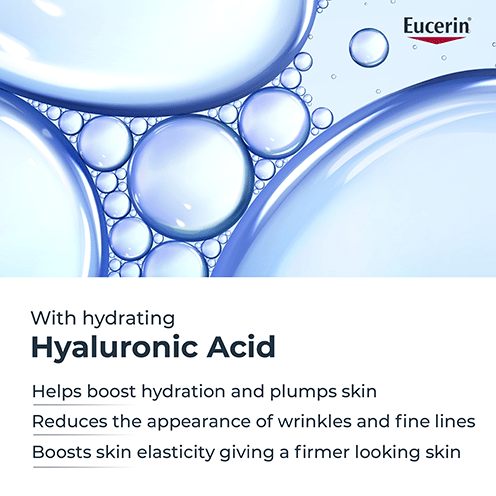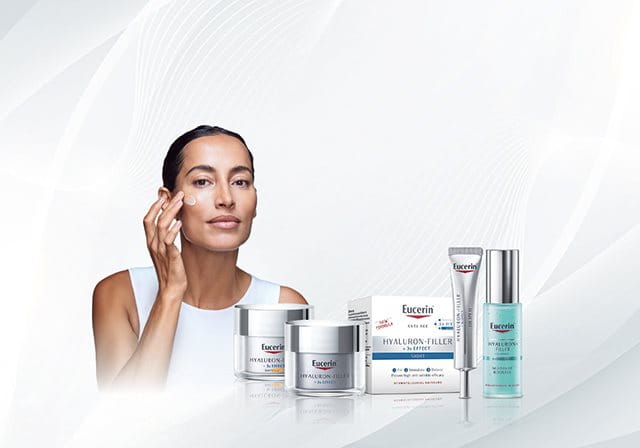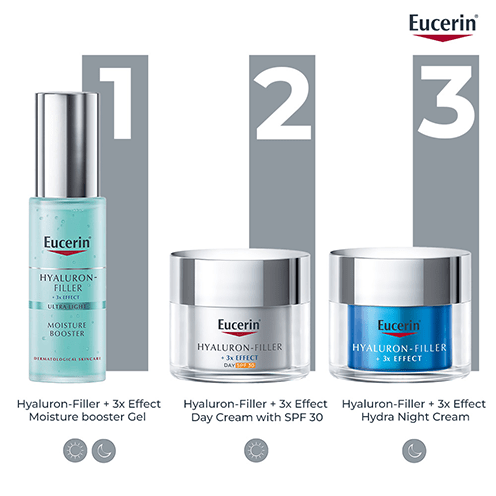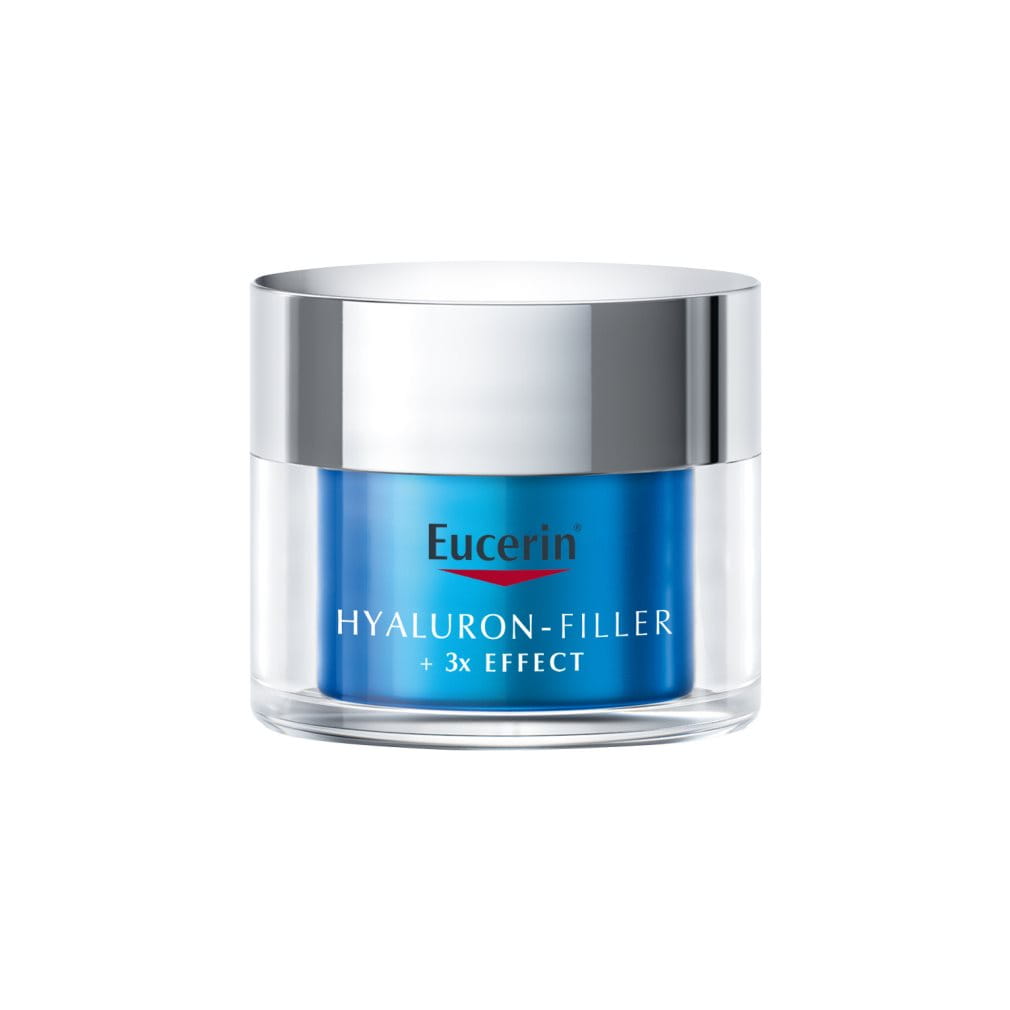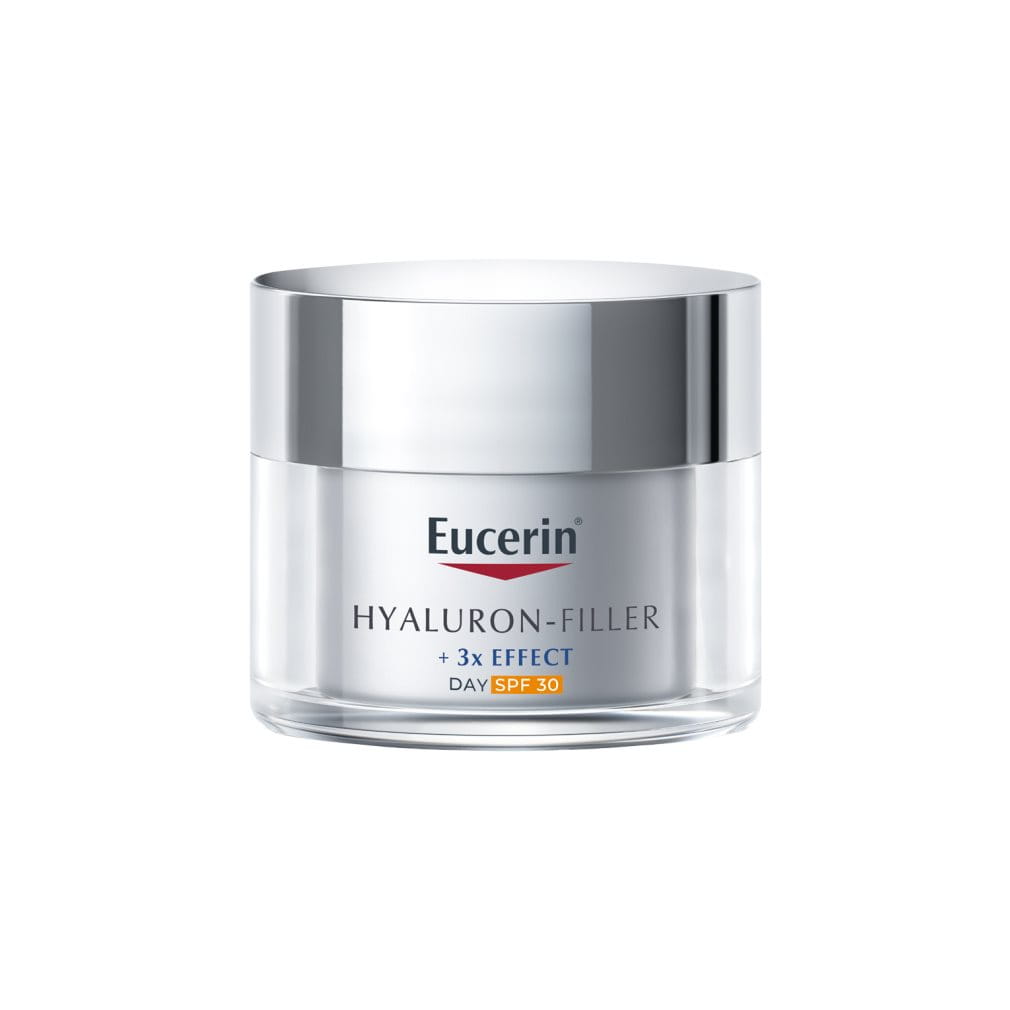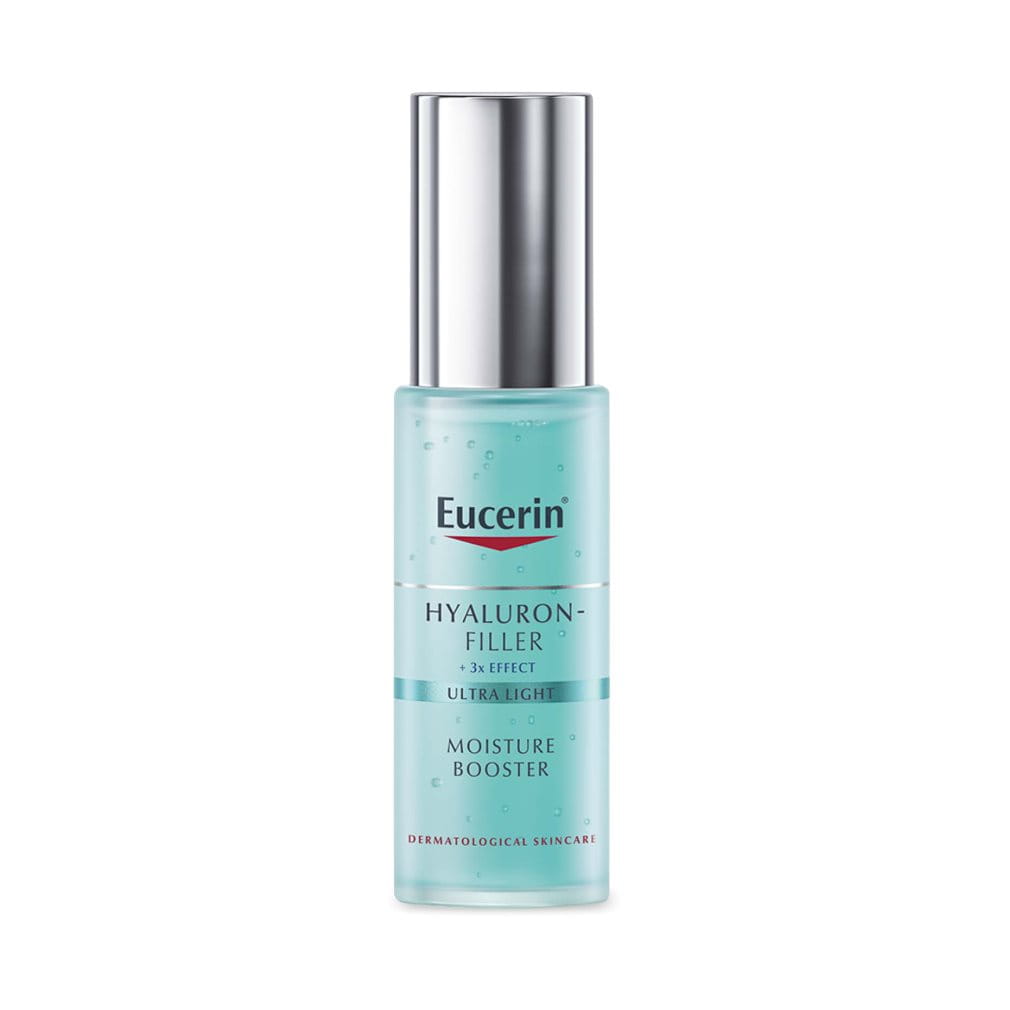Let’s be honest, no matter if you are an expert or a novice seeking solutions to support your skin, hyaluronic acid is a known household name. You may find its presence in cleansers, serums, moisturizers, sunscreen, as well as in professional treatments (fillers). Such a market cap reinforces its compatibility and importance as an active agent in an individual’s skincare routine.
This begs the question: what are the actual hyaluronic benefits for the face? Allow us to illustrate this in the article below.
Keynotes:
- Hyaluronic acid is a humectant universally used in skincare serums, creams, moisturizers, and more.
- It is highly tolerable and fits seamlessly into your skincare routine.
- Its regular application can help boost hydration, elasticity, firmness and health of the skin.
- Supplement it with actives such as vitamin C, thiamidol, retinol, or AHAs/BHAs for best results.

